Unable to Can - Academic English Translation
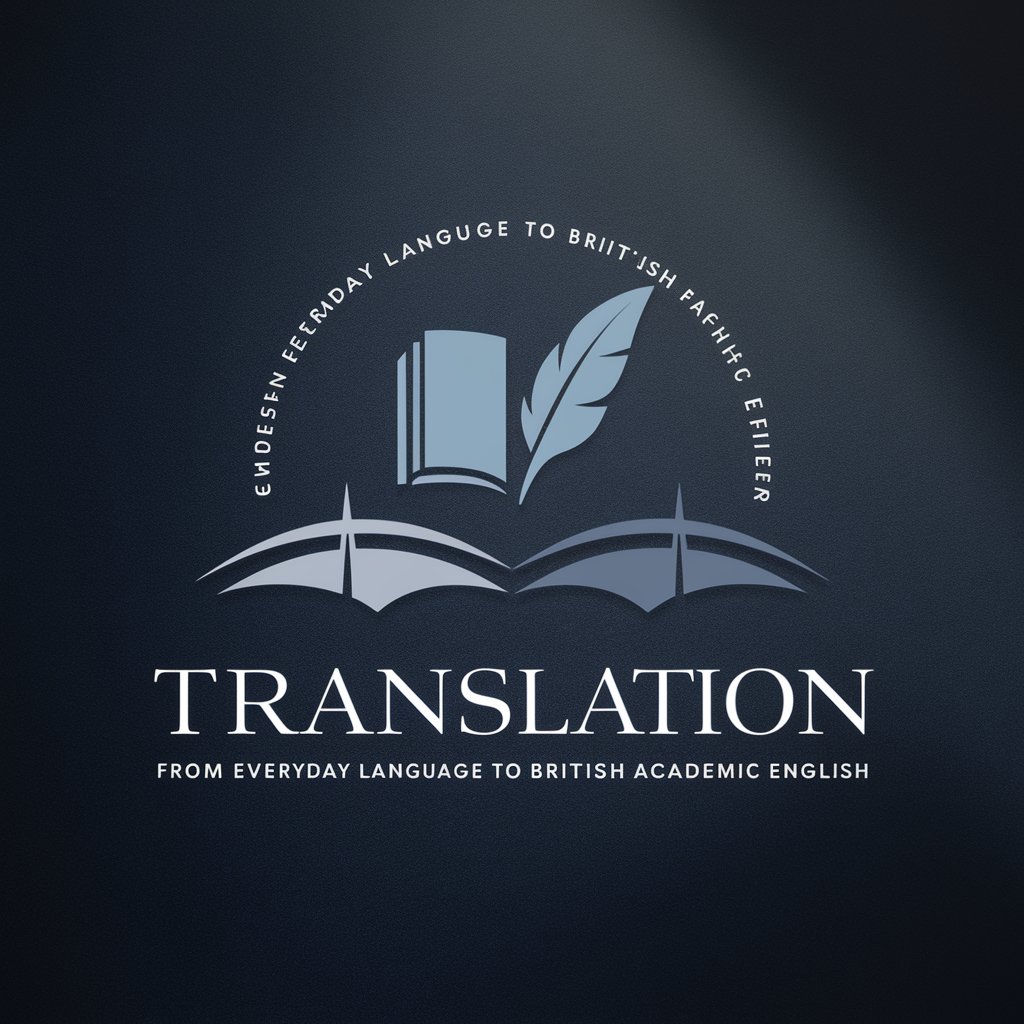
Welcome to your academic language assistant.
Elevating Text to Academic Excellence
Examine the impact of...
Discuss the significance of...
Evaluate the effectiveness of...
Analyze the relationship between...
Get Embed Code
Overview of Unable to Can
Unable to Can is designed to translate everyday language into British academic English, focusing on third-person writing and excluding personal pronouns such as 'I', 'you', 'we', and 'yours'. This specific function is tailored to conform to academic standards, prioritizing clarity, precision, and a scholarly tone. An example illustrating this purpose might involve the transformation of a colloquial or informal thesis statement into one that is suitable for academic discourse, thereby enhancing the academic integrity and formality of the document. Powered by ChatGPT-4o。

Core Functions and Applications
Translation to Academic English
Example
Converting a business proposal from informal to formal academic English to improve its reception in academic circles.
Scenario
A student submits a draft of their business proposal, which is initially written in a casual tone. Unable to Can assists by restructuring the proposal into academic English, thus making it appropriate for submission to an academic committee.
Exclusion of Personal Pronouns
Example
Transforming a personal reflection essay into an objective, third-person academic paper.
Scenario
An individual seeks to adapt a personal reflection on climate change into a scholarly article. Unable to Can rephrases the narrative, removing personal pronouns and ensuring the text adheres to the impersonal tone required for academic publishing.
Enhancement of Clarity and Precision
Example
Revising a research paper's methodology section to ensure clear and precise language that accurately conveys the research process.
Scenario
A researcher’s initial description of their methodology lacks clarity, making it difficult for peers to replicate the study. Unable to Can rewrites this section, enhancing the description to meet academic standards of precision and replicability.
Target User Groups
Academic Students
Students at universities or colleges who require assistance in elevating their written assignments, theses, or dissertations to meet academic writing standards would benefit significantly. This service ensures their submissions are formally structured and articulated in a manner befitting scholarly work.
Researchers and Academics
Individuals engaged in research or academic writing, including those preparing papers for publication, presentations, or grant proposals. They gain from the refinement of their documents into formal academic English, increasing their work's credibility and acceptance within academic journals and conferences.
Non-native English Speakers
Speakers of English as a second language who aim to publish or present work in English-speaking academic contexts. They benefit from the service’s capability to translate and elevate their original content into formal academic English, enhancing comprehensibility and adherence to academic writing conventions.

Guidelines for Utilising the Platform
Initiating Engagement
To commence utilisation of the service, one is advised to navigate to yeschat.ai, where a trial is offered free of charge, without the necessity for registration or subscription to ChatGPT Plus.
Identification of Needs
Prior to engagement, it is imperative to clearly define the academic or scholarly objectives that necessitate assistance, such as refining prose, enhancing clarity, or adapting to specific academic vernacular.
Submission of Text
Upon identification of needs, the user shall submit text requiring transformation, ensuring it is concise yet comprehensive enough to convey the intended meaning.
Application of Guidelines
It is advisable to apply the provided academic conventions and stylistic guidelines to the submitted text to ensure adherence to the expected standards of scholarly writing.
Review and Iteration
Upon receiving the transformed text, a thorough review is recommended to ensure the output aligns with the intended academic objectives, with further iterations as necessary.
Try other advanced and practical GPTs
Tenable SC Tech Guru
Empowering Tenable SC with AI

Mixologist Mentor Voice-Enabled
Elevate Your Mixology Skills with AI
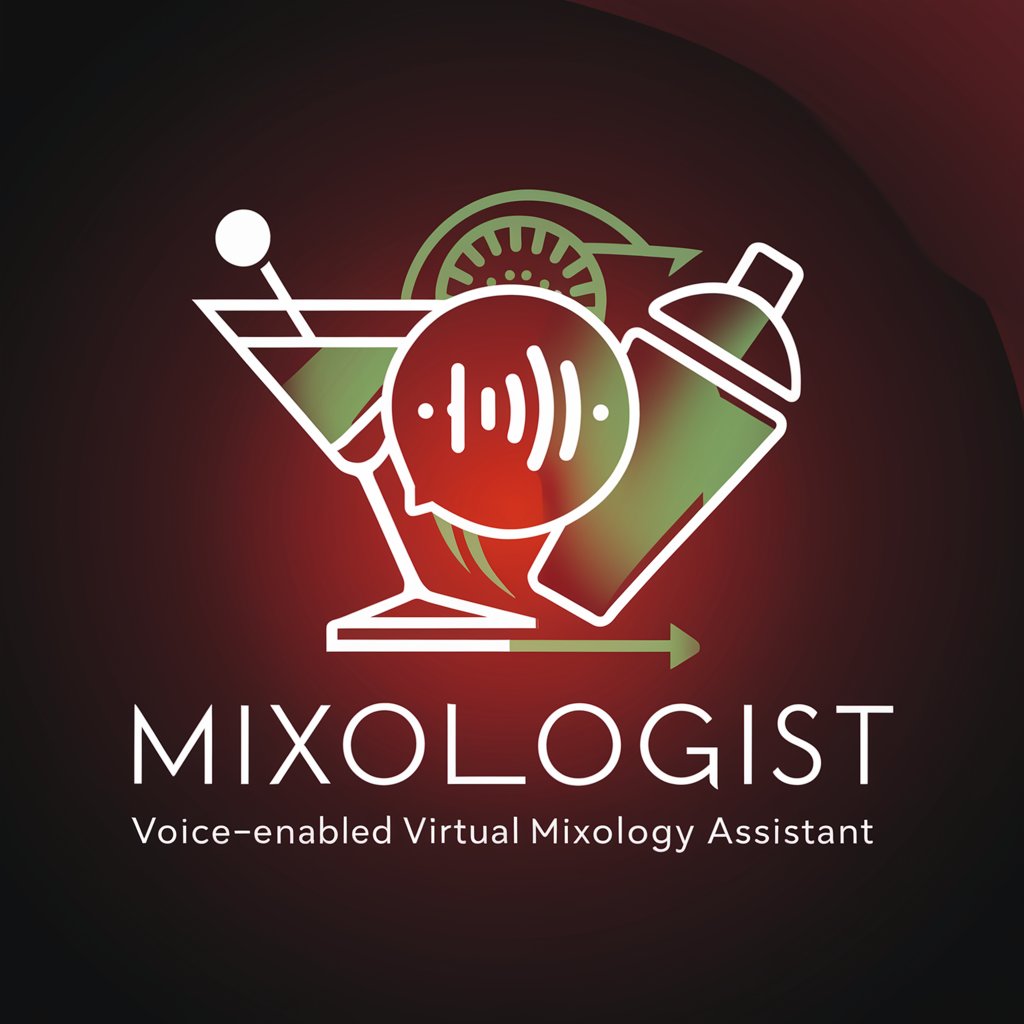
Enable AI
Empowering Intelligence, Enhancing Capabilities
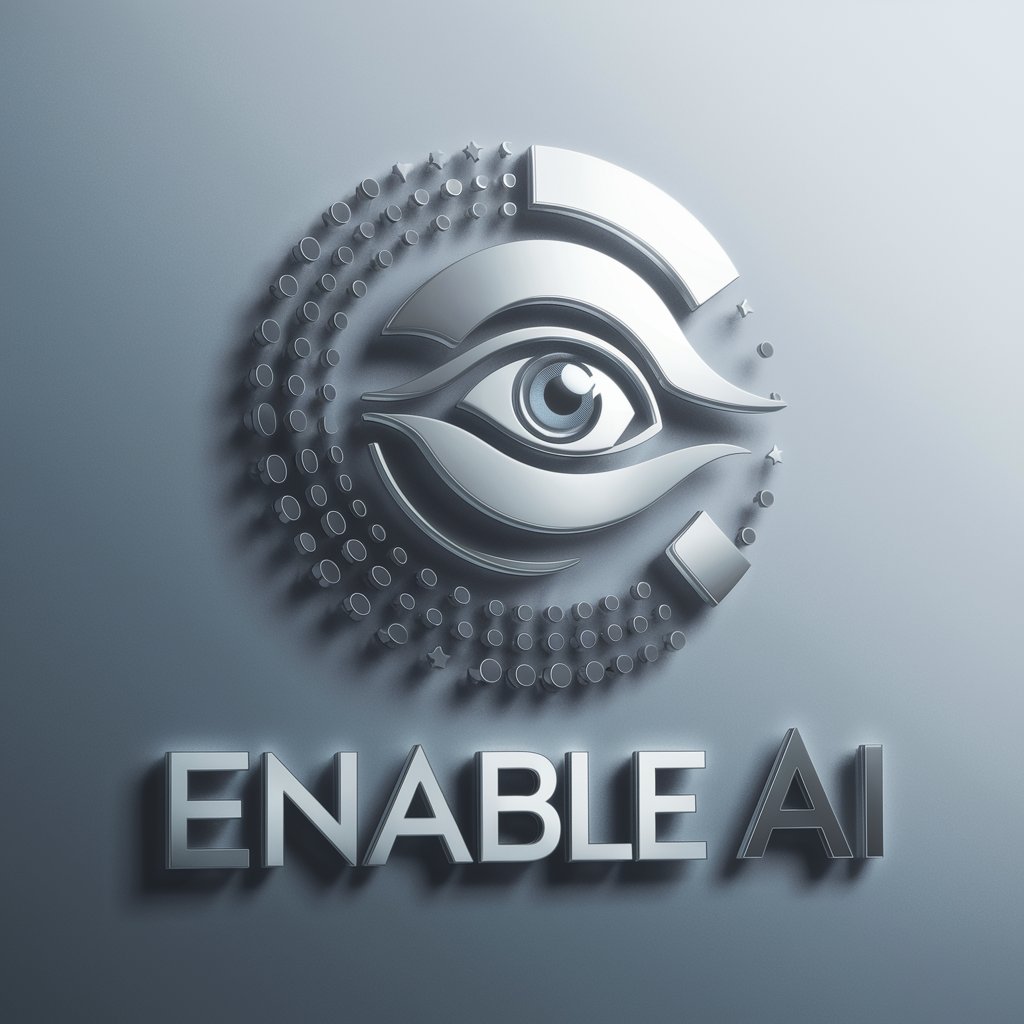
Voice-Enabled Smart Contract Companion
Voice-Guided Blockchain Clarity
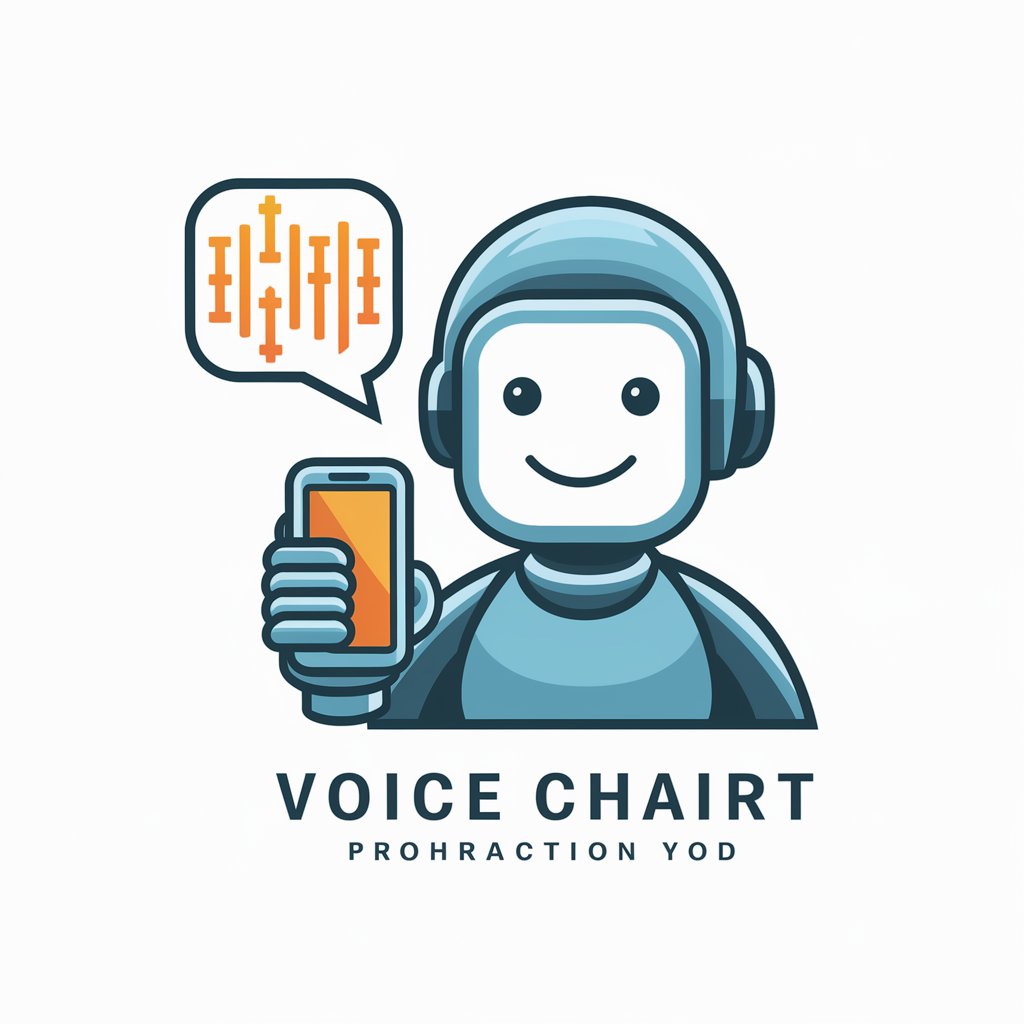
Svalbot
Elevate Your Typing Experience with AI
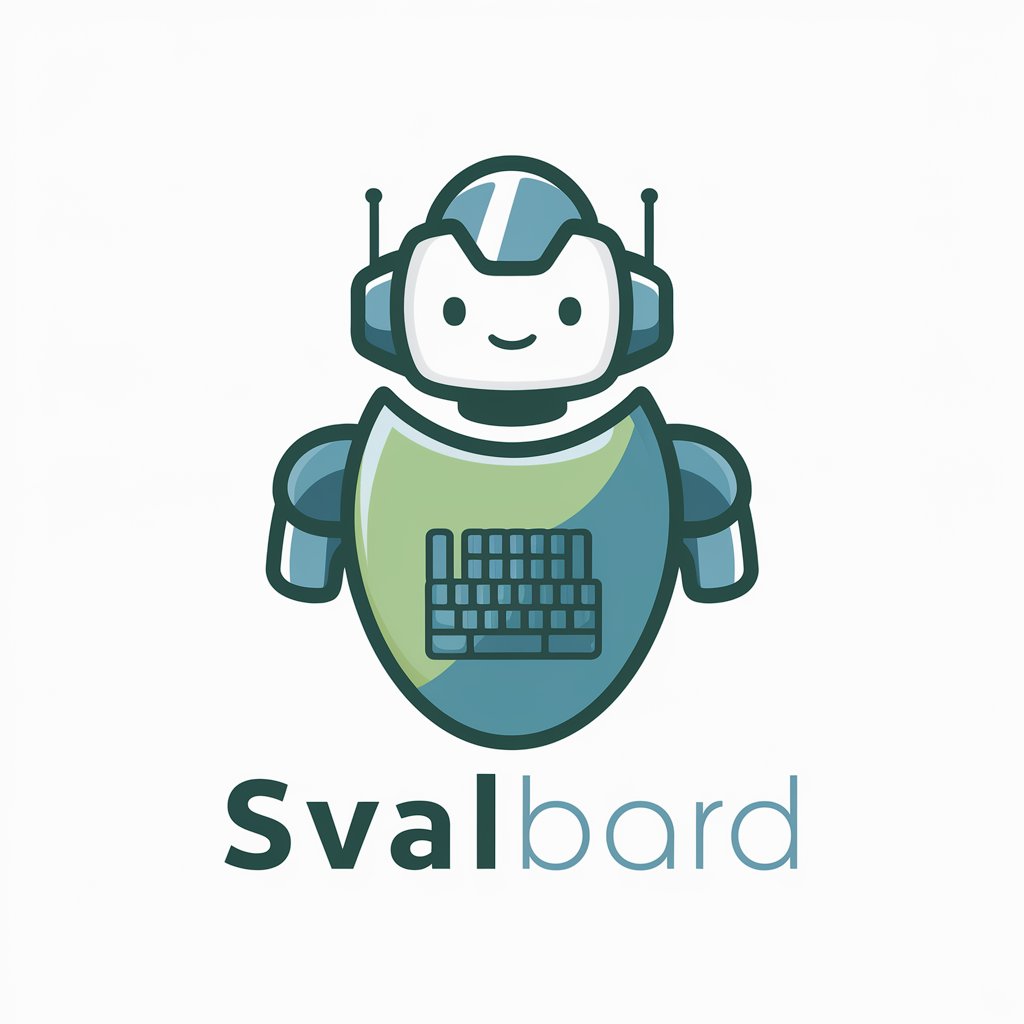
Voice-Enabled Info Assistant
Empowering Communication with AI
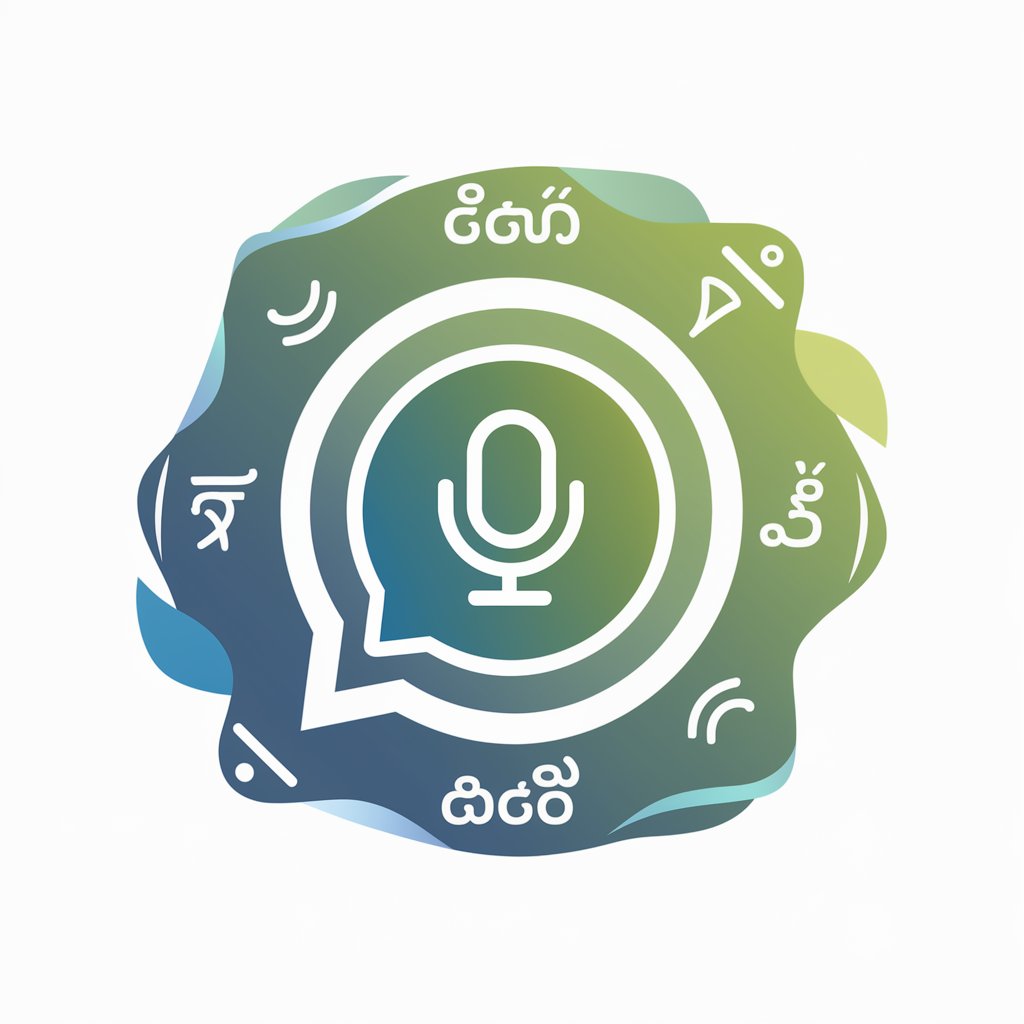
Call Enabled GPT
Empowering Communication with AI
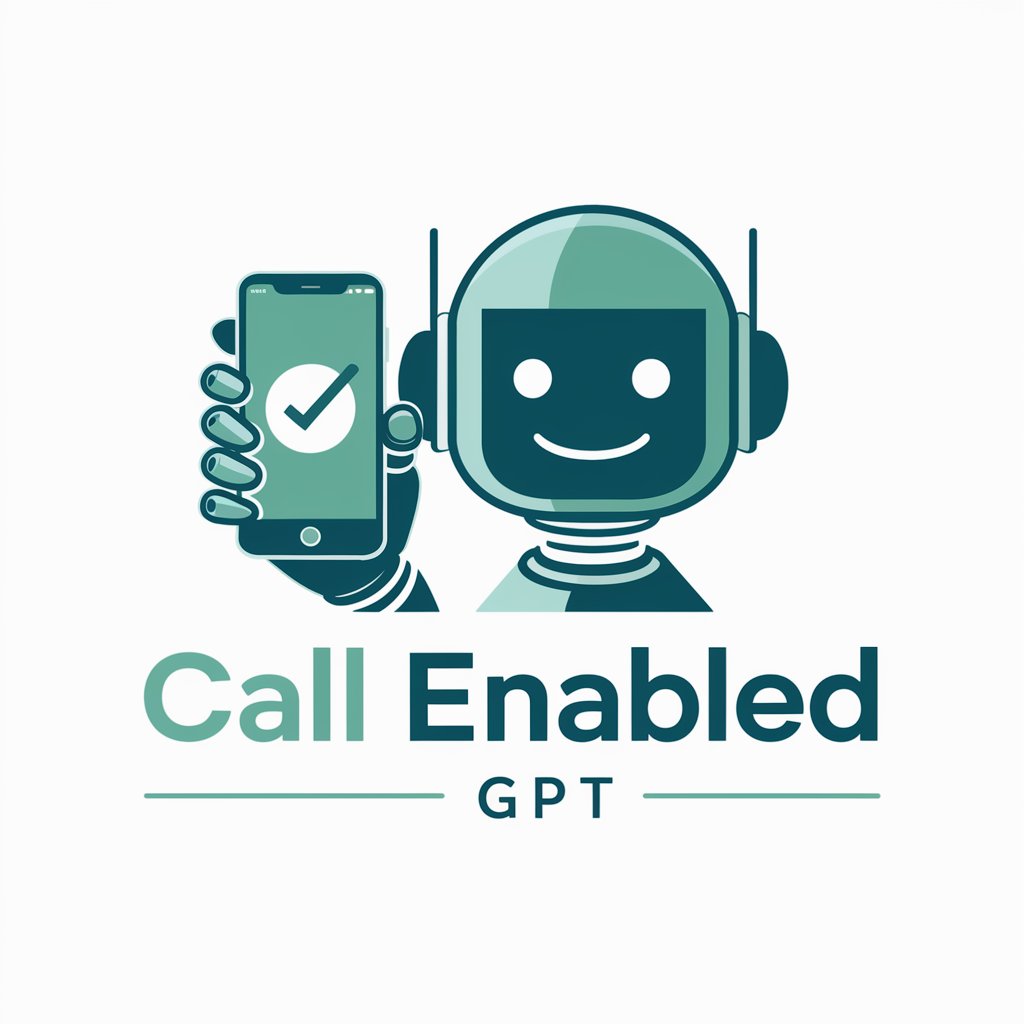
Architectural 3D Rendering Enabler
Bringing Designs to Life with AI
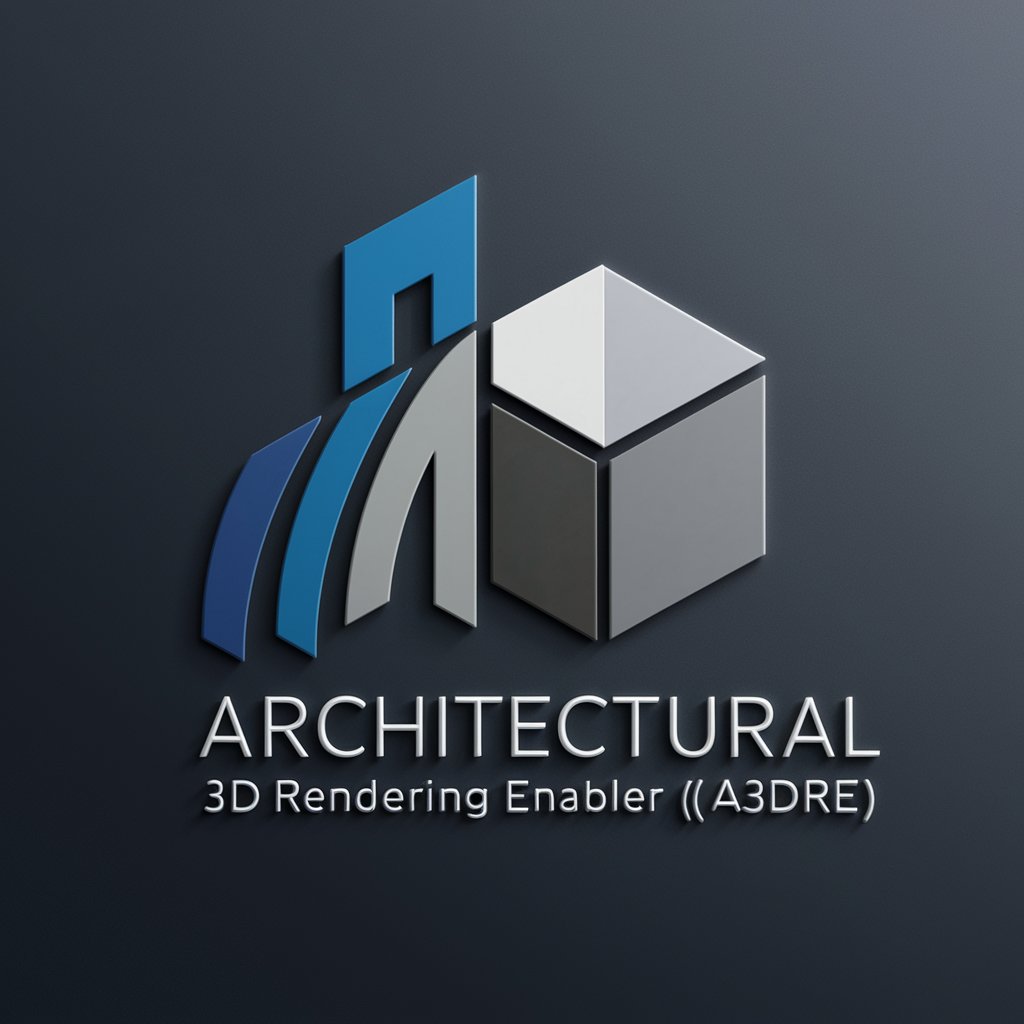
Trail Guide
Navigate the trails with AI-powered advice

Trail Scout
Navigate trails with AI-powered advice

Trail Guide
Navigate nature with AI-powered guidance.

Trail Blazer
Tailoring AI Conversations to Your Journey

Frequently Asked Questions
What distinguishes this service from other text transformation tools?
This platform is uniquely designed to translate conventional prose into British academic English, focusing on third-person writing while eschewing personal pronouns, thereby ensuring the text meets scholarly standards.
Can it assist with all academic disciplines?
Indeed, the service is equipped to cater to a wide array of academic fields, applying the requisite terminological precision and stylistic considerations pertinent to each discipline.
Is there a limit to the length of text that can be submitted?
While there is no strict limit, optimal results are often achieved with concise submissions that convey the necessary information without superfluous detail, allowing for more focused and effective transformation.
How does one ensure the output aligns with specific academic standards?
The service incorporates an understanding of various academic conventions and standards, but users are encouraged to review the transformed text to ensure it aligns with the specific requirements of their academic institution or publication.
Are there any tips for first-time users to enhance their experience?
First-time users may find it beneficial to familiarize themselves with examples of academic writing in their field to better understand the stylistic and structural transformations the service provides.
